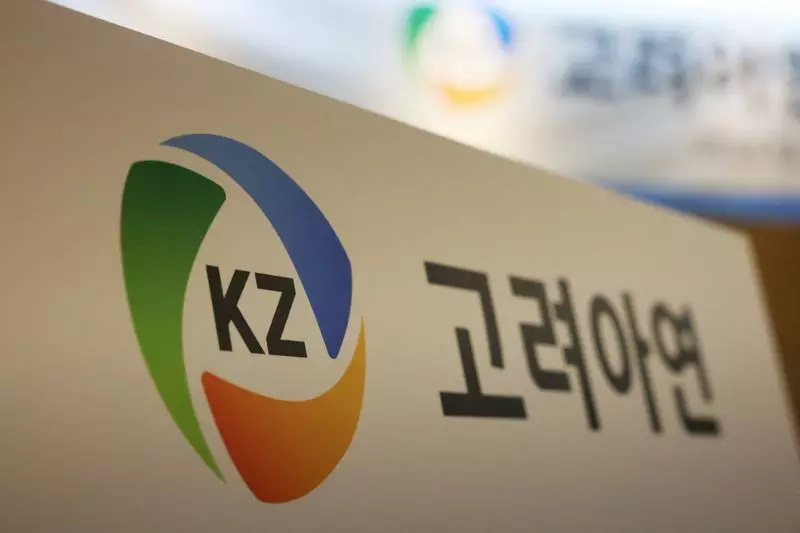The financial world was taken by surprise when Korea Zinc, a leading figure in zinc refining, announced plans for a substantial share sale on October 30, 2023. Valued at approximately $1.8 billion, the initiative aimed to bolster the company’s financial standing. However, due to a revision order issued by the South Korean financial regulator, the Financial Supervisory Service (FSS), this ambitious plan is now suspended. This unexpected move raises intriguing questions about the company’s governance, regulatory compliance, and the mechanisms guiding corporate share transactions in a rapidly changing economic landscape.
Regulatory bodies such as the FSS play a pivotal role in maintaining the integrity of financial markets. The FSS identified shortcomings in Korea Zinc’s filing, citing a lack of clarity regarding the purpose and decision-making process behind the share issuance. Furthermore, the regulator highlighted discrepancies between the current share sale proposal and the company’s previous tender offer filings, prompting concerns that the new issue may have been influenced by potentially unfair practices. Such scrutiny not only creates immediate setbacks for the company but can also undermine investor confidence, as demonstrated by an 8% drop in Korea Zinc’s shares following the announcement of the suspension.
In light of the FSS investigation, Korea Zinc has firmly rebuffed the allegations, asserting that the concerns surrounding the public offering process are unfounded. The spokesperson emphasized that considerations for the share issuance were conducted after the expiration of a prior buy-back, which concluded on October 23. This defensive stance indicates the company’s intent to maintain its credibility and alleviate market fears, yet it highlights an underlying tension between regulatory scrutiny and corporate governance. The outcome of this situation will not only determine the fate of the share sale but will also resonate throughout the industry, influencing how similar corporations approach their financial strategies.
The Power Struggle Within Korea Zinc
Adding another layer of complexity to the mix is the ongoing power struggle between the Choi family, who manages Korea Zinc, and the Chang family of Young Poong, a co-founder of the company. This internal conflict over control of the zinc empire, valued at around $18 billion, could cloud operating decisions and lead to strategic misalignments. Such discord at the highest levels can be detrimental, especially during periods of regulatory hypotheses and intense scrutiny. Stakeholders will closely monitor how these familial rivalries impact company relations and the broader ramifications for Korea Zinc’s market position.
As Korea Zinc grapples with regulatory challenges and internal power struggles, the company’s future remains shrouded in uncertainty. The suspension of the $1.8 billion share sale presents them with a crucial opportunity to reassess their strategy and communication with stakeholders. How effectively the company navigates these tumultuous waters will be crucial in determining not just their immediate future, but potentially the trajectory of the entire zinc market in South Korea. Investors and industry observers will be keenly watching for Korea Zinc’s next steps as they attempt to resolve these issues and restore confidence in their operations.

